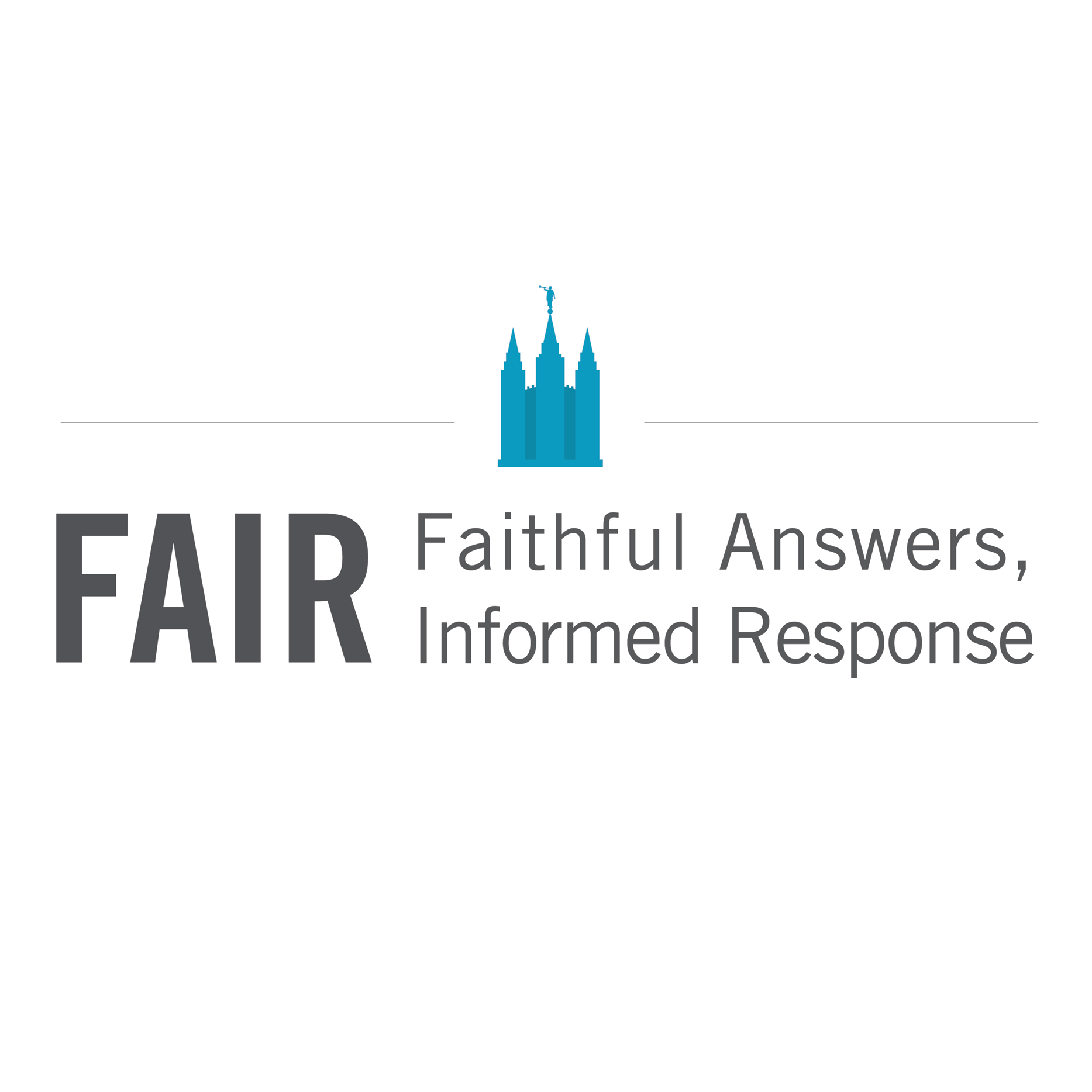Come, Follow Me with FAIR: Faithful Answers to New Testament Questions – Acts 10–15
Evangelical Questions: Who is – and who is not – a Christian? by Jennifer Roach, MDiv, LMHC Welcome back to Come Follow Me with FAIR: Faithful Answers to New Testament Questions. My name is Jennifer Roach and today we’re going to talk about what being a Christian means. As you know we’re going through the Come Follow Me readings and addressing common questions that Evangelicals ask about our faith as we go along. Our purpose here is not to fuel debate but to help you understand where your Evangelical friends and family are coming from so that you can have better conversations with them, and perhaps even be able to offer them a bit of our faith in a way they can understand. I will remind you about the FAIR Conference August 2-4 in Provo, Utah. I’ve told you about a lot of the speakers already but I want to tell you about another one who is speaking on a topic near and dear to my heart: The Pathyways program. Brian Ashton is the president of the Pathways program. Pathways, if you don’t know, is a way for adults around the world who have either not started college, or not been successful at college to get a path toward success. One of the things I do in life is teach a remote class for BYU-Idaho and while I don’t teach Pathways students I often have them in my classes after they’ve finished Pathways. And I’ll tell you what, 9 times out of 10 they are more serious students than my non-Pathways students. The year they spend in Pathways really prepares them to do college-level work. When I was 18, I went to “junior” college and it was a disaster. I’d had a lot of trauma in my life by that point and the only support I had was what I was able to cobble together for short amounts of time. Predictably, I failed out of school. I would make a couple other attempts in my early 20’s but just could never get myself to a place where college worked for me. Honestly, I started to believe that I was too dumb for college. It took me into my 30’s before I tried again. My life was stable by then and it worked. I ended up getting 2 Master’s degrees. So today when I look at the people who come up through Pathways I am so happy for them – it’s a program absolutely tailored to the needs of students who couldn’t make the traditional college experience work, but they generally end up being very successful with the high level of support they get. Okay, so today we’re going to talk about what a Christian actually is. Our scripture is Acts 11:26: So for a whole year Barnabas and Saul met with the church and taught great numbers of people. The disciples were called Christians first at Antioch. In the past, we’ve talked about this subject by looking at the traditional Christian Creeds and that’s a fair way to answer this question. Back in 2004 when Larry King interviews President Hinkley this is the answer he gives – that if being a Christian means agreeing to the Creeds 100%, then you wouldn’t call us Christians – but if it means having faith in Christ as he is found in the scriptures, then yes of course we are Christians. And when we’re talking about faith in this way – does the person believe the correct things – we’er talking about Orthodoxy, that is “correct beliefs.” Ortho means “straight” like a straight line. And doxa is “beliefs or opinions.” But being a Christian is not a cognitive exercise that happens only in your mind – it is also how you live your life and the practices you engage in. This is “orthopraxy.” The “praxy” here means “conduct” in both the ethical and liturgical sense. That’s the way we’re going to talk

